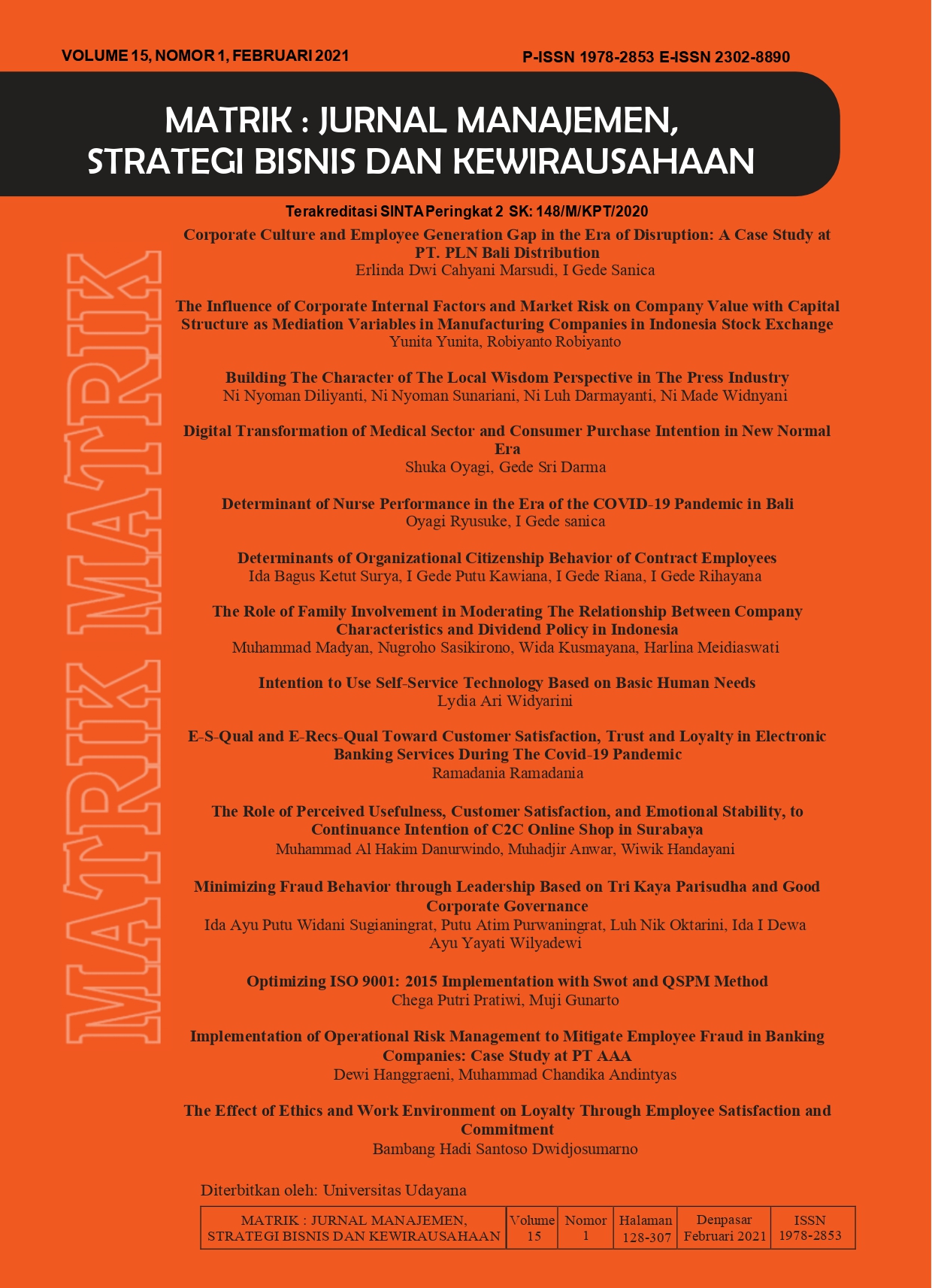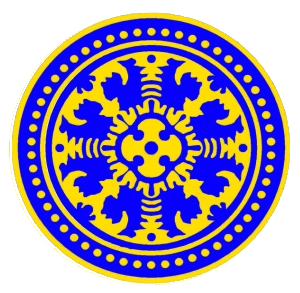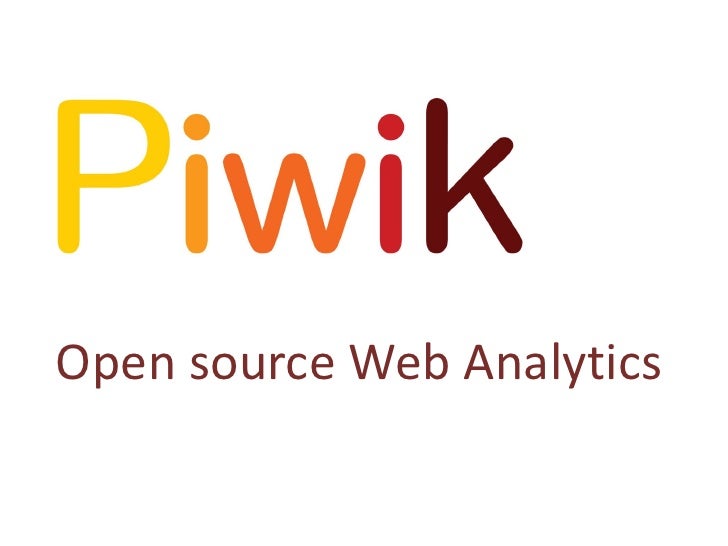Corporate Culture and Employee Generation Gap in the Era of Disruption: A Case Study at PT. PLN Bali Distribution
Abstract
In facing the era of disruption, change management is not enough, but presenting sustaining innovation has become a major obligation for the company. Disruption has penetrated all sides of world life, especially in corporate culture. On the other hand, the era of disruption also greatly impacts every employee, especially with the presence of intergenerational gaps in company employees. This study aims to determine the extent to which corporate culture and the role of the company face the generation gap in the era of disruption. The research method used is a qualitative research method with data collection techniques done by triangulation using observation, interviews and documentation. Through the technical analysis of Miles and Huberman, it was found that there were a number of challenges faced in the era of disruption and corporate culture in synergy with strategies to face challenges with several key steps, namely: promoting the culture of SIPP (mutual trust, integrity, caring, and learning), code of conduct (COC) the company PT PLN Distribution Bali, and the COC in the field to minimize employee gaps. It can be concluded that organizational culture plays an important role in achieving company targets so that by upholding the concept of corporate culture it can minimize the gaps that exist in the company in the world of the era of disruption.
Downloads
References
Alexandru,C ., Rym, B. (2011). Analysis of Organizational Cultural Profile Gaps Using a Cultural Intelligence Web-Based Tool. Analysis of Organizational Cultural Profile Gaps Using a Cultural Intelligence Web-Based Tool.
Anantatmula, V. S., & Shrivastav, B. (2012). Evolution of Project Teams for Generation Y Workforce. International Journal of Managing Projects in Business. Evolution of Project Teams for Generation Y Workforce. International Journal of Managing Projects in Business., 5 1 : 9-.
Badan Pengkajian dan Penerapan Teknologi (BPPT). (2016). Outlook Energi Indonesia 2016. Pusat TeknologiPengembangan SumberDaya Energi dan Indsutri Kimia.
Campa, Pamela; Casarico, Alessandra; Profeta, P. (2009). Gender Culture and Gender Gap in Employment.
Ghanavati, M. (2014). Pengaruh Budaya Perusahaan Dan Pasar Orientasi Pada Kinerja UKM Industri Iran. Iran International Journal of Management Studies7. Pengaruh Budaya Perusahaan Dan Pasar Orientasi Pada Kinerja UKM Industri Iran. Iran International Journal of Management Studies7, (2): 413-4.
Hofstetter, H., & Harpaz, I. (2015). Declared versus actual organizational culture as indicated by an organization’s performance appraisal. The International Journal of Human Resource Management. Declared versus Actual Organizational Culture as Indicated by an Organization’s Performance Appraisal. The International Journal of Human Resource Management, 26(4): 1-2.
Hui-chun, Y,. & Miller, P. (2003). The Generation Gap and Culturall Influence : a Taiwan Empirical Investigation. An International Journal, 10(3).23-4.
Kasali, P. (2017). Disruption. jakarta: PT. Gramedia Pustaka Utama.
Moleong, L. (2014). Metodologi Penelitian Kualitatif. Edisi Revisi. Bandung: PT Remaja Rosdakarya. Metodologi Penelitian Kualitatif. Edisi Revisi. Bandung: PT Remaja Rosdakarya.
Nawawi, I. (2013). Budaya Organisasi Kepemimpinan dan Kinerja. Kencana Prenadamedia Group.
Ozcelik, G. (2015). No Title. Engagement and Retention of the Millennial Generation in the Workplace through Internal Branding,International Journal of Business and Management, Vol 10 No.
Putra, R. M. D. (2018). Inovasi Pelayanan Publik Era Disrupsi (Studi Tentang Keberlanjutan Inovasi E-Health Di Kota Surabaya). Inovasi Pelayanan Publik Era Disrupsi (Studi Tentang Keberlanjutan Inovasi E-Health Di Kota Surabaya)., Jurnal Keb.
Robbins, P. Stephen & Judge, T. A. (2017). Organizational Behaviour, Edisi 13, Jilid 1. jakarta: Salemba Empat.
Schwab, K. (2016). No Title. The FourthIndustrial Revolution: What It Means,How Torespond.
Starks, A. (2013). No Title. The Forthcoming Generational Workforce Transitionand Rethinking Organizational Knowledge Transfer, Journal of Intergenerational Relationships, 11:3.
Sugiyono. (2014). Metode Penelitian Pendidikan Pendekatan Kuantitatif, Kualitatif Dan R&D. Bandung: Alfabeta.
Suwardana, H. (2018). No Title. Revolusi Industri 4. 0 Berbasis Revolusi Mental. JATI UNIK: Jurnal Ilmiah Teknik Dan Manajemen Industri.
Walters, R. (2016). No Title. Generation Gaps? Mythbusting Assumptions About Ag in the Workplace.
Yahya, M. (2018). Era Industri 4.0: Tantangan dan Peluang Perkembangan Pendidikan Kejuruan Indonesia. Pidato Pengukuhan Penerimaan Jabatan Profesor Tetap dalam Ilmu Pendidikan Kejuruan Fakultas Teknik Universitas Negeri Makassar pada tanggal 14 Maret 2018.
 This work is licensed under a Creative Commons Attribution-ShareAlike 4.0 International License.
This work is licensed under a Creative Commons Attribution-ShareAlike 4.0 International License.

















